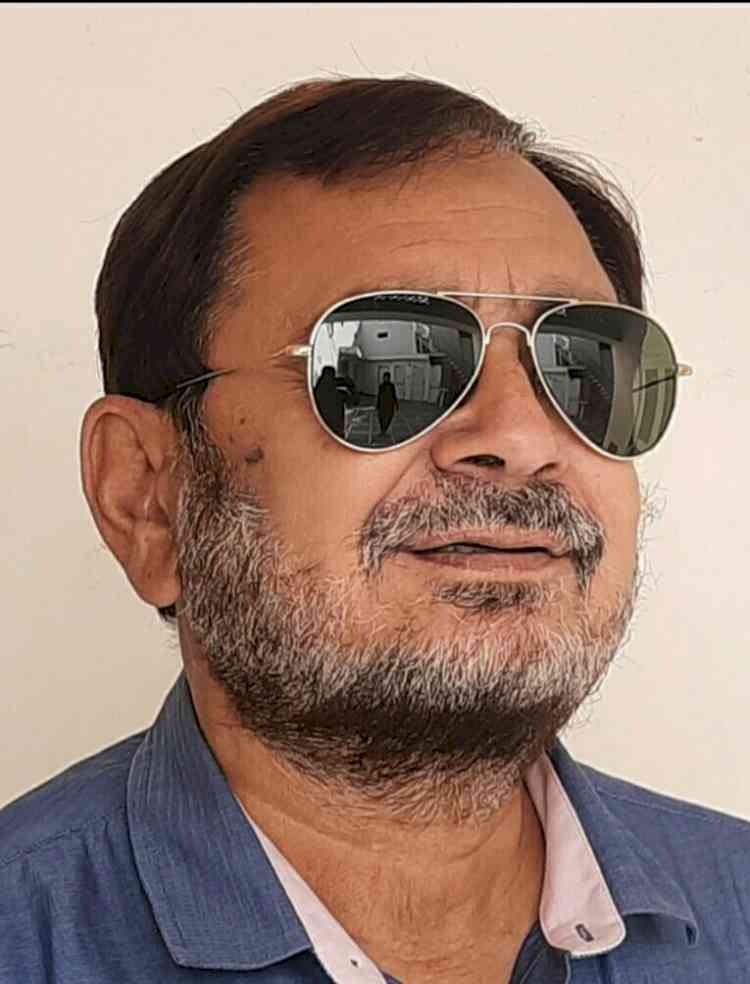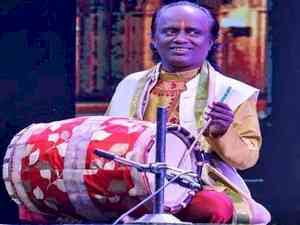Dr. Manmohan Singh Passes Away, Leaving Behind a Legacy of Visionary Economic Reforms and Positive Leadership
Dr. Manmohan Singh, former Prime Minister of India, former Union Finance Minister, and former Governor of the Reserve Bank of India, is no more. However, his visionary approach towards economic reforms, positive attitude, nationalism, and educational values will always be remembered. His liberalization policies paved the way for India to emerge as a global leader, and his contributions will remain etched in the minds of Indians for generations.

Dr. Manmohan Singh, former Prime Minister of India, former Union Finance Minister, and former Governor of the Reserve Bank of India, is no more. However, his visionary approach towards economic reforms, positive attitude, nationalism, and educational values will always be remembered. His liberalization policies paved the way for India to emerge as a global leader, and his contributions will remain etched in the minds of Indians for generations.
Dr. Singh’s tenure as Union Finance Minister during the 1990s marked a turning point in India’s history. His economic liberalization policies opened the gateway for a modern and competitive India on the world stage. Prime Minister Narendra Modi has continued to uphold these liberal economic policies, fostering a vision of a new and developed India by 2047.
Dr. Manmohan Singh was born in Gah, District Chakwal, now in West Punjab, Pakistan. He migrated to India in 1947 and pursued his education in Amritsar before continuing higher studies in economics at Punjab University, Chandigarh. He later earned an M.Phil. from the University of Cambridge and a Ph.D. from the University of Oxford in Great Britain. Known for his kindness, politeness, and soft-spoken demeanor, Dr. Singh addressed critical economic challenges, steering India towards global competitiveness.
When Dr. Singh assumed the role of Union Finance Minister in 1991, India faced a severe economic crisis, with dwindling foreign reserves. Through his bold reforms, he revitalized the economy, signing numerous economic agreements with other nations and boosting exports. His efforts positioned India as a robust player in the global market.
In 1997, under Prime Minister Atal Bihari Vajpayee’s leadership, economic reforms continued, further strengthening India’s global presence. In 2004, the Congress-led UPA won the parliamentary elections, and Dr. Manmohan Singh became India’s first Sikh Prime Minister. Serving two consecutive terms, he fostered strong ties with superpowers like the U.S.A. and helped India establish itself as a significant player in the global market.
In 2014, the UPA failed to secure a majority, and the BJP-led NDA came to power, with Narendra Modi becoming Prime Minister. Building on Dr. Singh’s foundation, Modi carried forward economic reforms and liberal policies, aiming to make India a developed and self-reliant nation by 2047.
With Dr. Manmohan Singh’s passing, India has lost a visionary economist who championed liberal economic policies and laid the groundwork for India’s rise on the global stage. His enduring legacy as a smiling, soft-spoken leader committed to a developed and self-reliant India will inspire future generations.
Authored by:
Rajat Kumar Mohindru
Journalist,
Jalandhar City.
(Views are personal)


 Rajat Kumar
Rajat Kumar 







